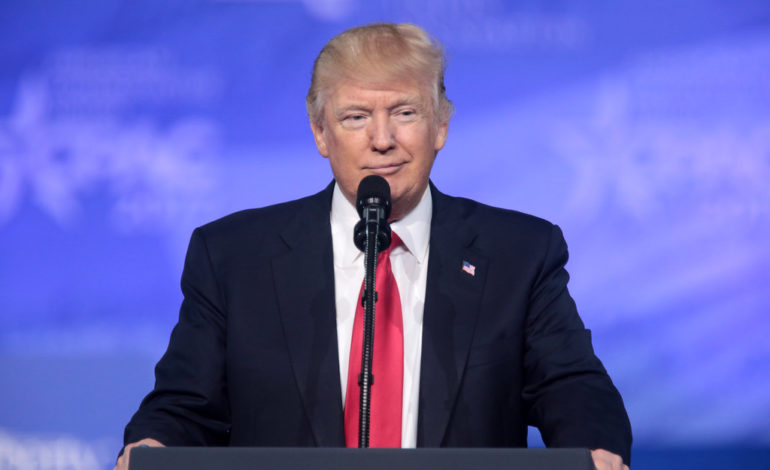PRINCETON, N.J. — A new study from researchers at Princeton University and the University of Warwick in England has uncovered a link between social media use, President Trump’s campaign and anti-minority sentiment.
Researchers set out to find direct links between anti-minority sentiment on social media, and after examining Trump’s presidential campaign noticed a clear pattern.
“Around the start of Trump’s presidential campaign, the home counties of the early Twitter adopters saw a clear upward shift in anti-Muslim sentiments,” researchers noted in a press release.
“The rate of hate crimes as well as hashtags such as #stopislam and #banislam all went up,” study co-author Carlo Schwarz said.
Schwarz and author Karsten Müller’s study also estimated that a one standard deviation higher social media use was associated with a 38 percent larger increase in hate crimes against Muslims.
The researchers also investigated President Trump’s Twitter feed, finding a clear pattern in the data.
Trump’s tweets about Muslims tend to be followed by a higher frequency of anti-Muslim hashtags appearing on Twitter, increased reporting about Muslims by cable news stations and a bump in hate crimes targeting Muslims.
On days Trump golfs, his tweets tend to contain fewer references to daily politics and more about minorities, especially Muslims, Müller said.
“It turns out that on days on which the President golfs, his tweets contain fewer references to daily politics and more about minorities, especially Muslims. “Trump’s tweets about Muslims that are explained by whether he golfs are still highly predictive of anti-Muslim sentiments on the following days”, Müller explains. “This is at least suggestive that social media might indeed affect offline behavior.”
The authors say they do not claim Trump or Twitter are responsible for hate crimes, but Schwarz added that it is important to note how powerful social media can be in the hands of world leaders.
“Our reading of the evidence is that social media, especially when used by powerful individuals, can enable changes in what people think is socially acceptable. And this could also mean that a few potential perpetrators of hate crimes believe that their actions are less heinous than they really are.”
To read the full paper, visit https://papers.ssrn.com and search “From Hashtag to Hate Crime” or visit this link.






Leave a Reply